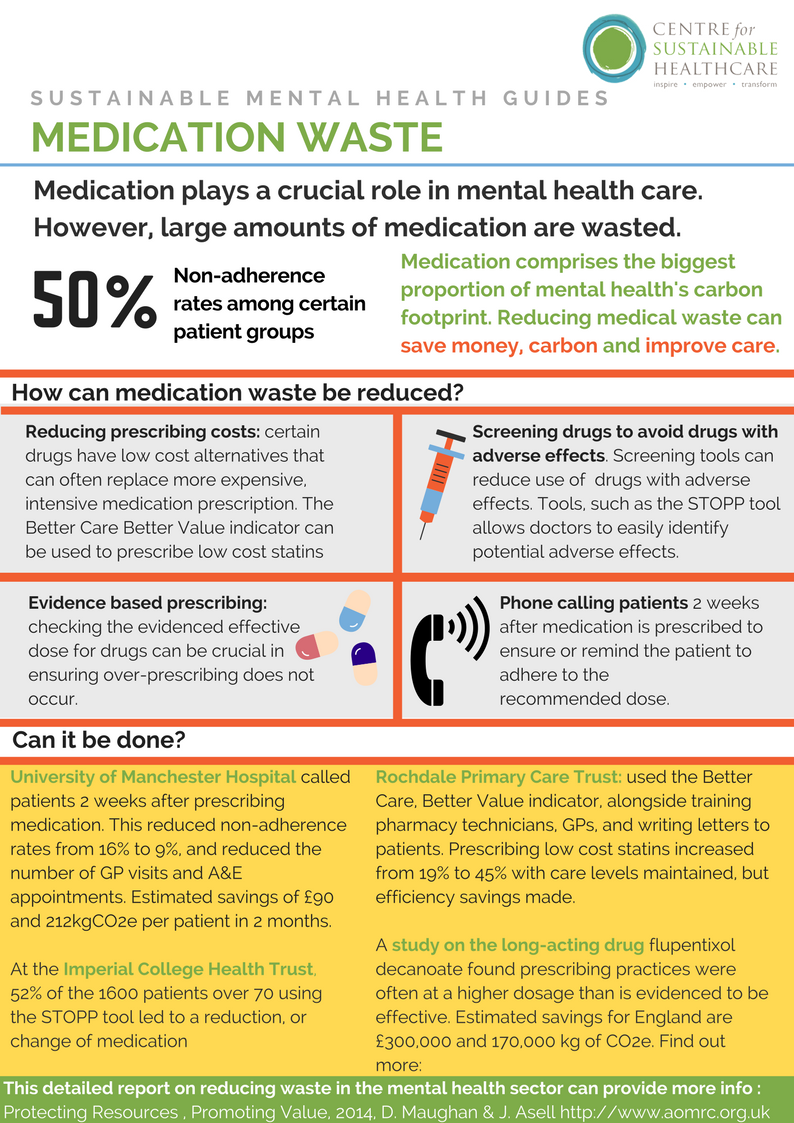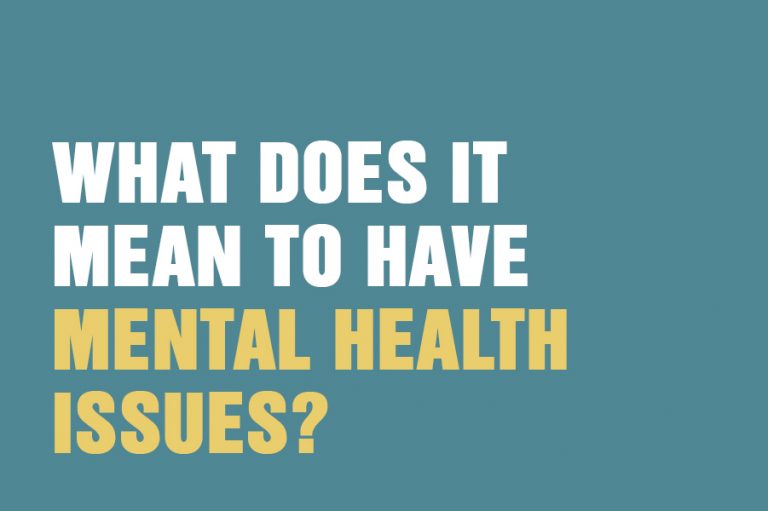Getting My How Does Mental Illness Affect Criminal Behavior To Work
However, not everyone with psychological health challenges experiences self-stigma. Patrick W. Corrigan and Deepa Rao, On the Self-Stigma of Mental Disorder: Stages, Disclosure, and Strategies for ChangeStigma and negative mindsets about psychological health create stereotypes and myths. Here are a few misconceptions and facts about mental health. The myth: Psychological health problem is unusual, and the majority of people are not impacted by it.
Prior to 2020, about 43 million American adults (18 percent of grownups in the United States) struggled with mental disorder and 1 in 5 teens (20 percent) struggled with a mental health condition, according to the National Institute of Mental Health. Those numbers have significantly increased as a result of the pandemic.
A report by the US Department of Health and Human Solutions (DHHS) discovered that just one-quarter of young grownups (ages 1824) thought that a person with mental illness can recuperate. The reality: Most people with mental health conditions can and do recuperate. Studies reveal that most get much better, and many recover completely.
The truth: People who suffer from psychological health and substance abuse conditions are not to blame for their conditions. Furthermore, the roots of these conditions are complex. In addition, they often include hereditary and neurobiological factors. Website link Also included are ecological causes such as trauma, societal pressures, and household dysfunction. The myth: People with psychological disease are bad at their jobs.
The truth: People with mental health problems are great workers. Studies by the National Institute of Mental Health (NIMH) and the National Alliance to the Mentally Ill (NAMI) confirm this. There are no differences in performance. The myth: Treatment doesn't help. The DHHS report found that just about half (54 percent) of young grownups who understood somebody with a psychological disease believed treatment would assist them.
The 8-Second Trick For How Much Does Grey Matter Affect Mental Ehalth
As a result, there are now more treatment methods than ever. These include integrated treatment in property and outpatient programs. In addition, treatment consists of group and individual therapy, experiential modalities, mindfulness practices, and other approaches. The media can avoid marvelous stories about mental health problem and represent more stories of healing by individuals with psychological health difficulties.
Likewise, they must work towards increasing financing for mental health awareness projects. Scientists can continue to study and keep an eye on mindsets towards psychological disease. Mental health companies can provide education and resources in their neighborhoods. Everybody can change the method they describe those with psychological health conditions by preventing labels.
This encompasses friends, member of the family, neighbors, or others with mental health obstacles. For that reason, this suggests we require to express concern and release preconceptions. In conclusion, when all of us collaborate we can create modification. When we can change our attitudes toward those with mental health obstacles, preconception will be lowered.
4-H/Harris Poll on Teenager Mental Health, June 2020Prev Persistent Dis. 2006 Apr; 3( 2 ): A42. Community Ment Health J. 2010 Apr; 46( 2 ):164 -76. World Psychiatry. 2008 Oct; 7( 3 ): 185188. J Neighborhood Psychol. 2010 Apr 1; 38( 3 ):259 -275. [/vc_column_text] [/vc_column] [/vc_row].
According to Link and Strategy (2001 ), Erving Goffman's book Preconception: Notes on the Management of Spoiled Identity (1963) promoted the growth of research on the causes and effects of stigma (1). Amongst the lots of current meanings of preconception, we can extract that preconception exists when the effect of trivializing, labels, loss of status, and partition happen at the same time in the very same circumstance (1).
Getting The How Does Homelessness Affect Mental Health To Work

Mental illness-related stigma, consisting of that which exists in the health care system and among doctor, has actually been recognized as a significant barrier to treatment and healing, leading to poorer care quality for mentally ill individuals (3, 4). Preconception likewise affects the treatment-seeking habits of health providers themselves and negatively moderates their workplace (4, 5).
Such scenarios provide a danger to the patient and other individuals, so they require instant healing intervention (6, 7). Although such emergency situations can also be secondary to physical diseases, what varies them from other emergencies is exactly the presence of serious behavioral modifications. In many cases, they represent severe intensity in mental disorder, they are associated with sensations of worry, anger, bias, and even exclusion.
Sufficient management of such circumstances can minimize patient suffering and avoid the perpetuation of preconception. This post aims to discuss the causes of preconception, methods of handling it, and achievements that have been made in psychiatric emergency situation care settings. Although there are various More help models of take care of psychiatric emergency situations, we will think about circumstances whose basic management principles are the very same in various environments.
The technique was used to browse the following worldwide electronic databases; Pubmed (1990present), Scielo (1990present), and Cochrane Database of Systematic Reviews (1990present) (how mental health can affect physical health). The search terms comprised: psychiatric emergency situations, emergencies, mental illness, disaster, catastrophes, epidemic, and pandemic. We supplemented the search results with crucial publications. Preconception originates from a number of sources (personal, social, or household) that work synergistically and can cause a number of issues throughout life (2, 8).
Because no particular study has been performed on preconception in psychiatric emergencies, we will evaluate some basic hypotheses about mental disorder preconception and use them to emergency situation situations, no matter where they are treated. Agitation without or with aggressive habits is typical in situations of psychiatric emergency situations. Nevertheless, in Mental Health Facility this case, the aggressiveness or state of violence should be viewed as a complication of mental disorder.
Fascination About How Can Depression Affect Your Mental Health

One research study discovered that 61% of adults thought that a private with schizophrenia was in some way most likely to be violent towards others (11). On the other hand, a 2009 research study concluded that mental disorder singly does not forecast violent behavior (12). Although the analyses revealed that aggressive agitation does happen in people with serious mental disorder, its incident is just considerable in those with co-occurring substance abuse and/or dependence.
Psychomotor agitation might or may not be related to aggressiveness. Although it does occur in a small portion of individuals with mental conditions, psychiatric emergencies can activate agitation while all at once jeopardizing the patient's autonomy. Agitation and unusual behavior are stereotypes developed about people with mental disorder, and these heighten when a client has a crisis.
Individuals with mental illness should be protected, and in the context of psychiatric emergencies, how they are managed is of crucial significance. Individuals can take a long time to look for treatment and conceal their signs, or when they end up being evident, the family hides them in the house or sends them to a far-off healthcare facility.
Attempting to conceal symptoms can restrain treatment seeking and cause aggravating of the condition. More immediate services, such as outpatient centers, community services, and even emergency systems can make clients feel exposed and presume the existence of an illness. Parents of patients with mental health problems have a higher sense of preconception, in particular humiliation and pity ($114).
One study states that the real occurrence of psychiatric emergency situations might be greater than that observed, and for that reason, clients might take a long time to look for take care of worry of stigma and the high expense of psychiatric treatment (16). Another current study investigated motivating aspects for seeking treatment in Lebanon and discovered that fairly couple of mentally ill patients (19.
